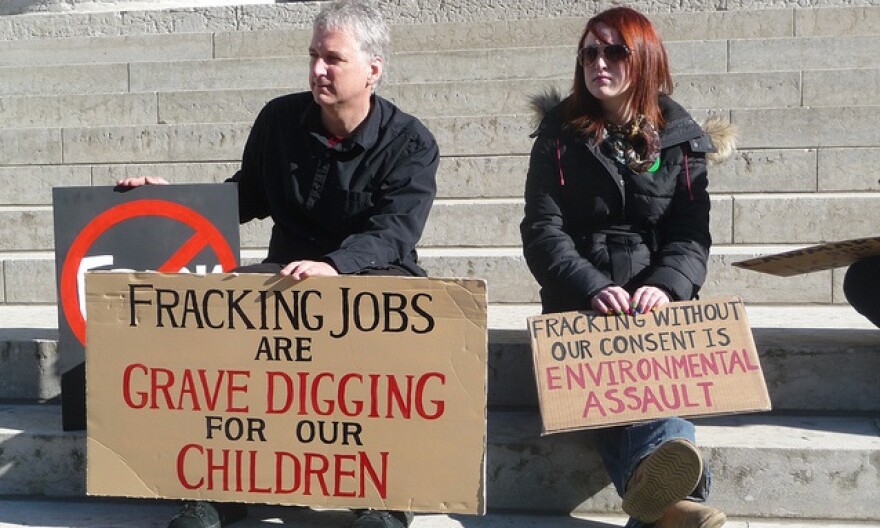A measure that would ban the controversial oil- and natural-gas drilling process known as “fracking” is again on the move in the Florida Senate. However, the proposal remains sidelined in the House as the 60-day legislative session nears its midpoint.
The Senate Environmental Preservation and Conservation Committee voted unanimously Monday to approve the measure (SB 462).
But in voting for the measure, Sen. David Simmons, R-Altamonte Springs, cautioned that some compromise may be needed to get the House to act. Simmons suggested a moratorium of two to five years on the practice, which is currently allowed in Florida, to provide time to delve into potential impacts.
“Never be afraid of the truth,” Simmons said after the meeting. “Make sure you get an independent analysis and permit everyone to show if there is a legitimate issue that exists.”
Bill sponsor Dana Young, R-Tampa, said after the meeting she didn’t see a need to conduct another study when “adverse” impacts have been reported in other states, that include “groundwater contamination, surface water contamination, low birth-weight babies, health impacts on lungs and heart.”
“We have an absolute right under our state police power to ban this practice before it ever starts,” Young said. “The time is now to do this. Let’s don’t wait until, as Sen. Simmons said, companies do start fracking and then you’ve got existing uses and you’ve got permits in place. We don’t want that. We want to stop it now before it can start.”
The bill has 12 co-sponsors, with five Republicans and seven Democrats.
Supporters of the ban talked of Florida’s unique topography and expressed concerns about potential impacts of chemicals involved in fracking on the below-ground aquifer that supplies drinking water.
But the bill faces opposition from the influential business groups, including Associated Industries of Florida and the Florida Petroleum Council.
Eric Hamilton, associate director of the Florida Petroleum Council, expressed concern that the proposal could prohibit future exploration using a method that “can be done safely” and in recent years has helped increase domestic energy production while lowering costs of auto and home fuel.
“By banning fracking, you’re sending a message to the rest of the country that fracking is not good,” Hamilton said.
A similar proposal reached the Senate floor last year but never got a committee hearing in the House.
This year’s bill must still get through the Senate Environmental and Natural Resources Appropriations Subcommittee and the Appropriations Committee before it could go to the full Senate.
An identical proposal in the House (HB 237), sponsored by Rep. Kathleen Peters, R-Treasure Island, has not been heard in committees.
Photo used under Creative Commons license.




